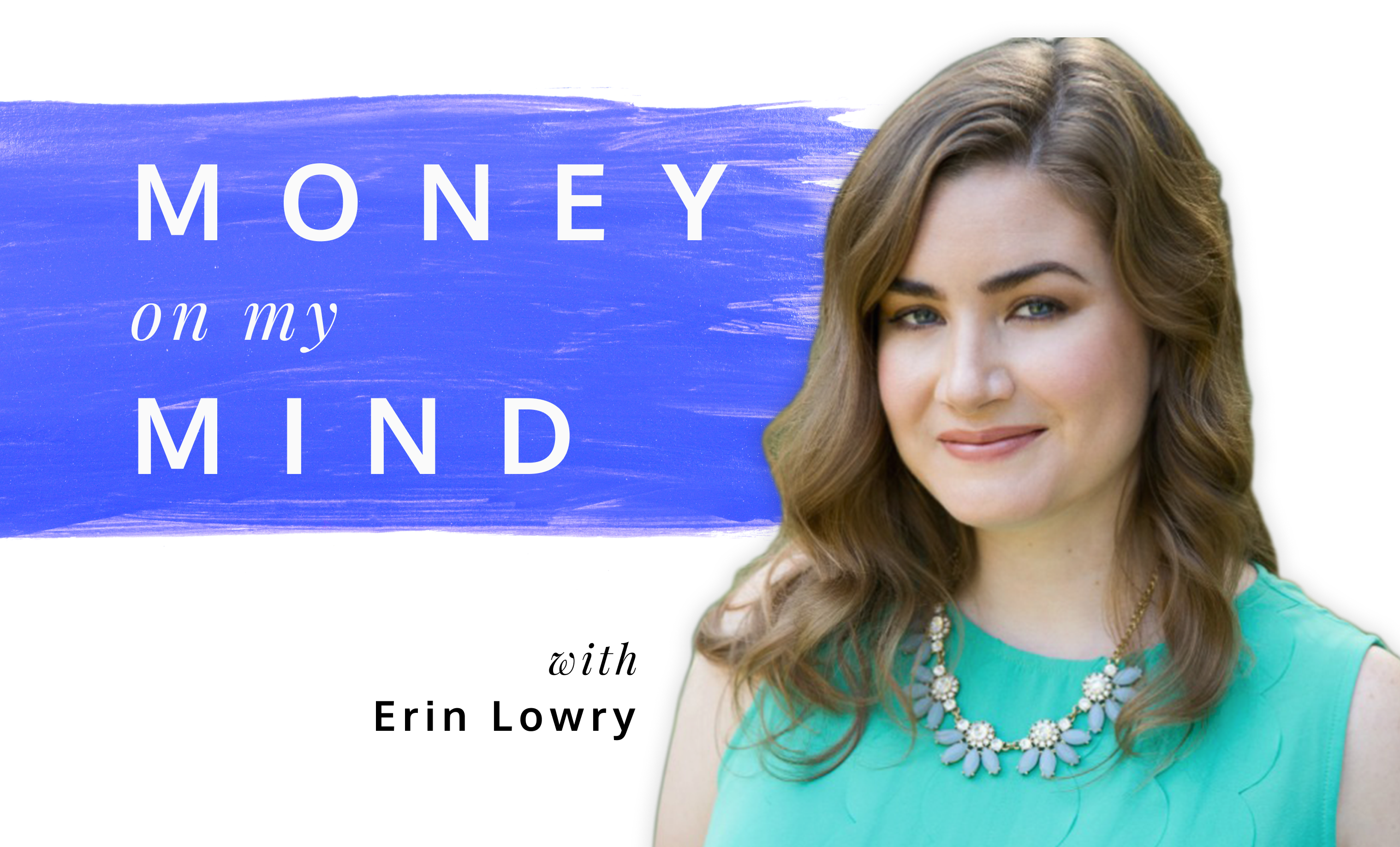Welcome to Money on My Mind, where our advice columnist Erin Lowry — a personal finance expert and author of Broke Millennial — helps solve your money conundrums. While we don’t hear enough about it, there’s a critical connection between our financial well-being and our whole human well-being. Money is a top cause of significant stress for Americans, and unchecked stress levels have been linked to issues from heart disease to diabetes to depression. Read on for advice on how to take control of your financial and overall health, one small step at a time.
Q: Before the pandemic hit, I had plans to buy my first home in the very near future. Now I’m conflicted about whether it’s the “right” time to buy — and I don’t want to end up in a stressful money situation by making the wrong move. Help!
A: This has been a question on a lot of people’s minds — including my own. As I, a long-term New York City renter, consistently saw mortgage rate averages hit record lows, I thought to myself, “Hey, maybe I should buy!”
But as attractive as those low 30-year fixed mortgage rates are, there isn’t a definitive answer to the dilemma of “Should I buy?”. It truly depends on a variety of factors, and your personal circumstances, so bear with me as I answer your question with several questions of my own:
Has your household experienced a job loss or drop in income?
Millions of Americans are unemployed or furloughed, so it’s quite possible that your household has experienced a drop in income since your plan to buy a home pre-pandemic. Even if you have the down payment saved up and feel you could afford the initial cost of purchasing a home, it could be a big risk to take if your household is operating on a more modest budget now. Homeownership comes with a lot of costs that renters can blissfully ignore. So while your mortgage might be lower than the amount you’re paying on rent right now, you have to factor in all the “extras” like property taxes, potential co-op or homeowners’ association (H.O.A.) fees, and maintenance expenses.
Even if you’ve managed to stay gainfully employed with no reduction in income, it’s important to be realistic about the future of your job security. Is there any risk that in the coming months, especially if we experience a second wave of the coronavirus, that you would get laid off or furloughed? Even if there’s just the tiniest worry in the back of your mind about that possibility, you may want to be wary about moving forward with a major financial decision to avoid any unnecessary financial stress down the line.
Will this move impact your emergency savings?
It’s always a good idea to have an emergency fund of at least three months’ worth of living expenses (six months’ is even better!), but in the midst of a pandemic, that’s even more critical. Some tough love (that I hope will save you a lot of stress in the long run): If you were planning to pull money from your emergency fund to afford the down payment, then you aren’t actually ready to buy a home. While it’s tempting, you should never put your emergency savings in jeopardy to purchase a home. Emergency savings is a reserve that should be held separately from any other savings goals. You’re free to dip into travel savings or anything that’s discretionary, but leave that e-fund alone. Inevitably, life brings unexpected expenses, and preserving your emergency fund for “just in case” scenarios will allow you to navigate the future with less anxiety.
Have you been preapproved for a mortgage since the coronavirus recession started?
One advantage for first-time homebuyers is that they have access to Federal Housing Administration (F.H.A.) loans that require you to fork over far less than the traditional 20% down payment for a home. But the drawback of an F.H.A. loan is that you will likely need to pay private mortgage insurance (P.M.I.) that acts as an extra protection for the lender, in addition to your mortgage. And keep in mind that in recession times, some lenders do require higher down payments (and stronger credit scores). That means if you were preapproved for a mortgage prior to the pandemic, the terms could be different now. Be sure to look into your current standing and crunch all the numbers before making your decision.
How quickly are you willing to make a decision?
Total inventory of homes for sale was down 35% in early August, according to data from Realtor.com. As people are fleeing big cities and moving into suburban areas, it’s become a sellers’ market in many parts of the country. What that means is that you may have to be ready to move quickly if there’s a property you want to buy. No time for cold feet — and possibly little negotiating power over small home improvements. On top of that, you might have to be prepared to buy a home without seeing it first — or through a virtual tour — as there are various levels of restrictions (and personal comfort) around scheduling open houses right now.
All signs point to yes? Go for it!
Now that I’ve peppered you with questions to help lead you to the answer that is right for you, there is a positive takeaway that I want to leave you with. If you’re financially secure, with a job and a nest egg you feel good about, and you’re comfortable moving quickly, then you certainly can lock in a great deal on a mortgage right now. It’s nearly impossible to predict how long the low mortgage rates will last. The important thing is not to make a rash move in the hopes of “scoring a deal” if it will put you in a compromising financial situation in the long run. But if you’re confident, you can move forward feeling great about your decision!


